|
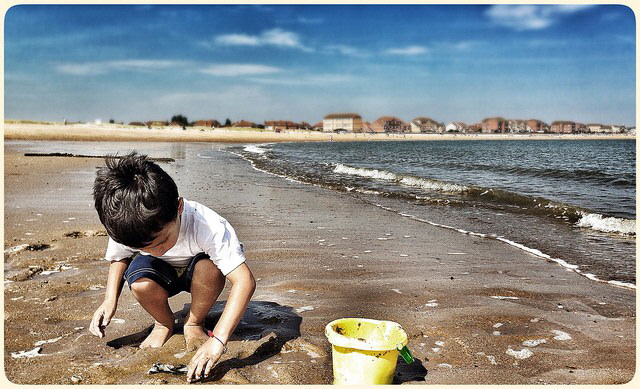
Collecting – a Hobby with Benefits for Children
October 2, 2014
- “Hobbies benefit children in numerous ways. Because they are expressions of personal accomplishment and a means of self-discovery, hobbies help build self-esteem. … By working on hobbies, children learn to set goals, make decisions, and solve all sorts of problems. … Hobbies often mature into lifelong interests, even careers.” bhg.com/health-family/parenting-skills/family-relationships/why-kids-need-hobbies/
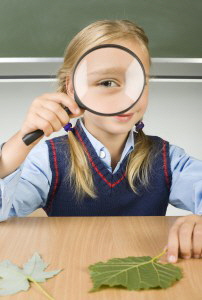 Collecting is a great hobby for children of all ages. We hear about J. Leno’s car collection. Angelina Jolie collects anitique knives. Eric Clapton collects guitars. Many of us did or do collect things. Seems lately I’m collecting tennis rackets and dead tennis shoes. Collecting connects us to things we enjoy and the history and memories associated with our collections. Collecting is a great hobby for children of all ages. We hear about J. Leno’s car collection. Angelina Jolie collects anitique knives. Eric Clapton collects guitars. Many of us did or do collect things. Seems lately I’m collecting tennis rackets and dead tennis shoes. Collecting connects us to things we enjoy and the history and memories associated with our collections.
Collecting does not have to be an expensive hobby. Leaves and rocks are free. “ If you need to buy it, kids probably shouldn’t be collecting it. “ In common with most activities for children that stimulate imagination and creativity, collecting does not have to be expensive.
The benefits of collecting include:
- Organizational Skills: Your collector will order, classify, and likely display their collection
- Understand Value: pennies are free when found. A 1943 copper penny sold for $1.7 million.
- Reading Ability and Comprehension as their interests extend to finding out more
- Boosting their self-confidence and self-esteem: it’s their collection
- Pride of Accomplishment
- Set and Reach goals
- Prioritize and Pattern
- Gain specialized knowledge
- Learn about People, Places and Things
- Patience and Persistence
- Writing Skills: as journals are kept to document
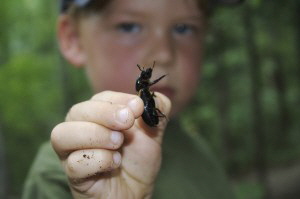 A collection naturally lends itself to being classified. Size, color, age, source are a few of the ways collections are typically sorted. Considering the unique items in a collection will have links to all kinds of things. Stamps link to a particular country. Postcards link to your genealogy. Feathers link to purpose and specie. Rocks naturally link to geology. Coin specialists are numismatist. Sounds like they do linking. A collection naturally lends itself to being classified. Size, color, age, source are a few of the ways collections are typically sorted. Considering the unique items in a collection will have links to all kinds of things. Stamps link to a particular country. Postcards link to your genealogy. Feathers link to purpose and specie. Rocks naturally link to geology. Coin specialists are numismatist. Sounds like they do linking.
Here are some ideas on collections:
Animals, Arrowheads, Bird Sightings, Bottle Caps, Bugs, Buttons, Cards, Cars (Toy), Crayons, Coins, Dice, Dolls, Erasers, Feathers, Fishing lures, Fossils, Guitar Pics, Hats, Insects, Jump Ropes, Key Chains, Leaves, LEGO, Marbles, Ornaments, Pencils, Rocks, Rulers, Shells, Spoons, Stamps, Stickers,Train Cars, Umbrellas, Yo-yos, and Zippers.
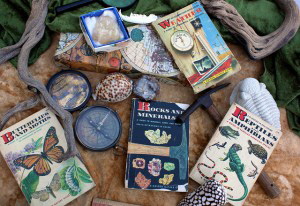
- “Kids may also enjoy collecting shells, marbles, dried flowers, restaurant take-out menus, or pretty much anything else you can think of. Again, keep it reasonable. If you need to buy it, kids probably shouldn’t be collecting it. It is much more fun if they can go for a walk outside and find new things for their collection. smartfirstgraders.com/hobbies-for-kids.html
Parents, you can help. Perhaps you see a collection forming before your child actually recognizes it as a collection. Maybe your daughter has a box of bouncy balls. For some reason the hard, funny bouncing balls caught her attention and she keeps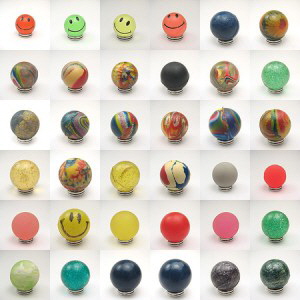 them in a box. You can ask her about them. Maybe call them, “her collection” of bouncy balls or whatever she calls them. Maybe she’d like some paper, a journal, to keep track of how many she has and what color and size they are and where they came from. The idea is to be interested but don’t take over. Probably the best thing you can do is be interested when she’s interested: talking about them, playing with them, finding the lost one. them in a box. You can ask her about them. Maybe call them, “her collection” of bouncy balls or whatever she calls them. Maybe she’d like some paper, a journal, to keep track of how many she has and what color and size they are and where they came from. The idea is to be interested but don’t take over. Probably the best thing you can do is be interested when she’s interested: talking about them, playing with them, finding the lost one.
- “Parents can encourage children to pursue hobbies by listening for clues as to what they might be interested in, then supporting that interest at each child’s own pace. Offer your own expertise and support, but watch out for the temptation to identify too much with what your child is doing. Even if you enjoy the same hobby, children’s success or failure is their own – not yours!” Sue West at Cornell University
Collecting can be a rewarding, away from the computer, hands-on activity and pastime for children of all ages. It is not unusual for a childhood collection to become a lifetime interest and sometimes lead to a career. Be practical and involved with your children and help them enjoy themselves in a collecting hobby.
|